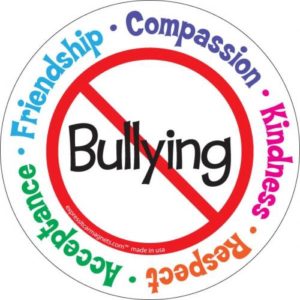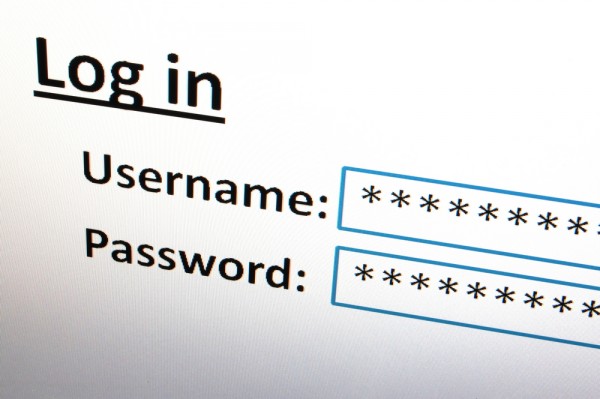Cyber Bullying
What is Cyber Bullying: - Cyber bullying is the use of ICT (usually a mobile phone, personal computer and/or the internet) to abuse another person. - It can take place anywhere and can involve many people. - Anybody can be targeted, including students, school staff, and members of the wider school community. - It can include threats, intimidation, harassment, cyber-stalking, vilification, defamation, exclusion, peer rejection, impersonation, and unauthorized publication of private information or images.
There are many types of cyber-bullying. The more common types are:
Text messages – can be threatening or cause discomfort
Picture/video-clips via mobile phone cameras – images sent to others to make the victim feel threatened or embarrassed.
Mobile phone calls – silent calls, abusive messages or stealing the victim’s phone and using it to harass others, to make them believe the victim is responsible.
Emails – threatening or bullying emails, often sent using an alternate name or somebody else’s name.
Chat room bullying – menacing or upsetting responses to children or young people when they are in a web-based chat room.
Instant messaging – unpleasant messages sent while children conduct real-time conversations online using Facebook, Twitter, Instagram or other IM tools.
Bullying via websites – use of defamatory blogs (web logs), personal websites, gaming websites, and online personal ‘own web space’ sites such as You Tube, Facebook, Twitter, SnapChat, to name a few.
Procedures for preventing Cyber Bullying
Staff, students, parents will be made aware of issues surrounding cyber bullying.
Students and parents will be urged to report all incidents of cyber bullying to the school.
Students will learn about cyber bullying through I.T sessions, General assembly (Corporate Worship)
Students, parents, and staff will be involved in reviewing and revising this anti-bullying and anti-cyber bullying policy as school procedure.
All reports of cyber-bullying will be noted and investigated, in accordance with the school’s Anti-Bullying and School’s Positive Behaviour and Management Policies (SPBMP), where applicable.
The school’s ITC will facilitate a workshop on Internet Safety for Classes 1-4 and mark Cyber Safe Day (CSD) on the school's annual calendar.




